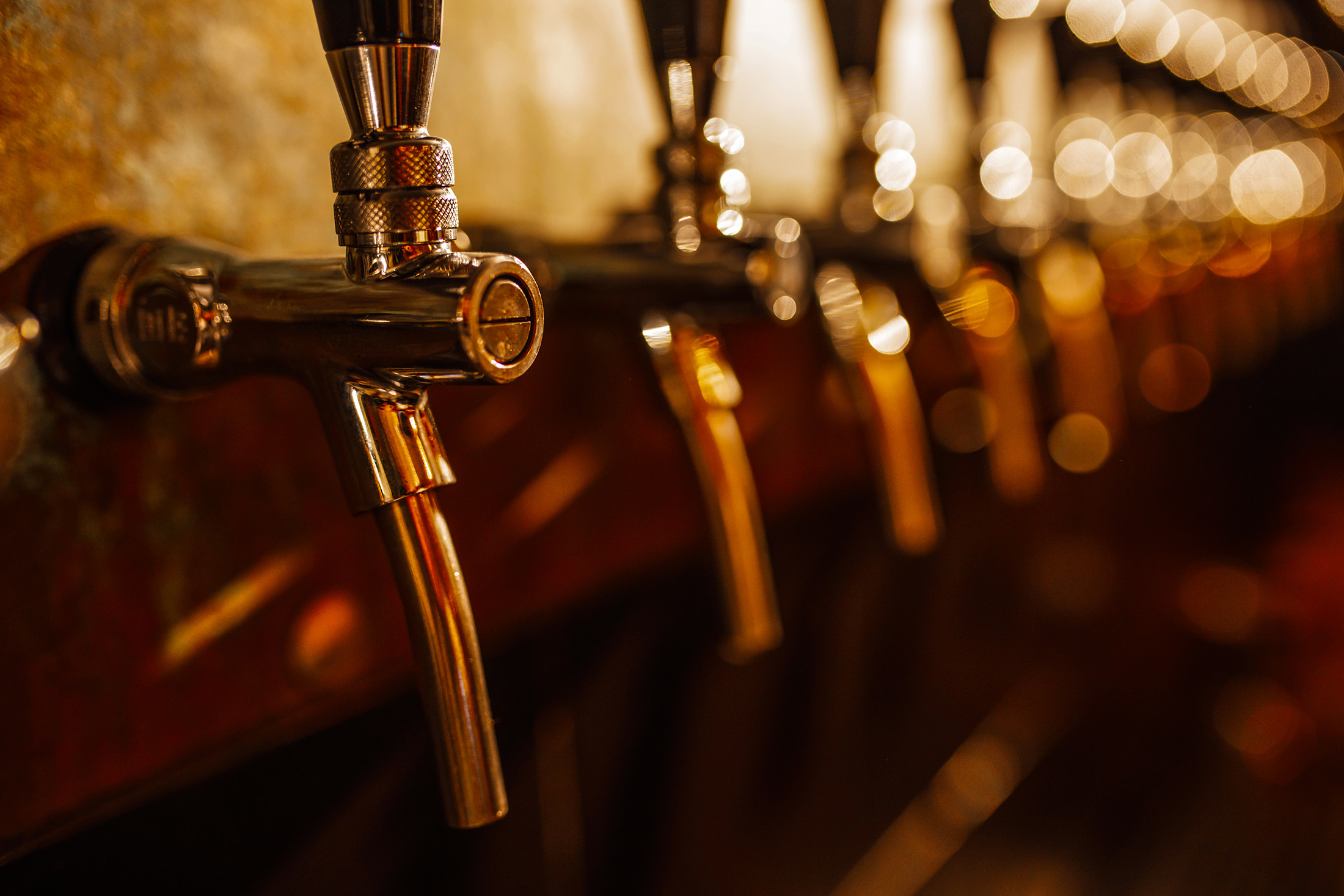
ABOUT US
Cafe Dublin, located at Kongens gate 15 in Trondheim, Norway, is the city’s only Irish pub and is celebrating its 30th anniversary in 2025.
Since its opening, it has become a central hub for both locals and visitors seeking an authentic Irish pub experience.
Atmosphere and Offerings
The pub offers a cozy and authentic Irish atmosphere, featuring traditional Irish music and a wide selection of beers, including draught and bottled options. The menu includes classic Irish dishes such as fish and chips, shepherd’s pie, and hearty stews. Additionally, patrons can enjoy beer tapas plates and a variety of spirits. citeturn0search4
Live Music and Events
Cafe Dublin is known for its live music events, hosting local and genuine Irish bands and singers, especially on weekends. This lively entertainment complements the pub’s welcoming atmosphere.
Customer Reviews
Over the years, Cafe Dublin has received positive feedback for its friendly staff, authentic Irish ambiance, and quality food and drinks. On Tripadvisor, it holds a rating of 3.5 out of 5, with reviewers highlighting its central location and the genuine Irish pub experience it offers.
Location and Contact Information
Cafe Dublin is situated in the heart of Trondheim, making it easily accessible to both residents and tourists. For reservations or inquiries, you can contact them at +47 73 50 00 01 or via email at post@cafedublin.no.
As the pub celebrates its 30th anniversary in 2025, it continues to be a cherished establishment in Trondheim, offering a taste of Ireland in the heart of Norway.
